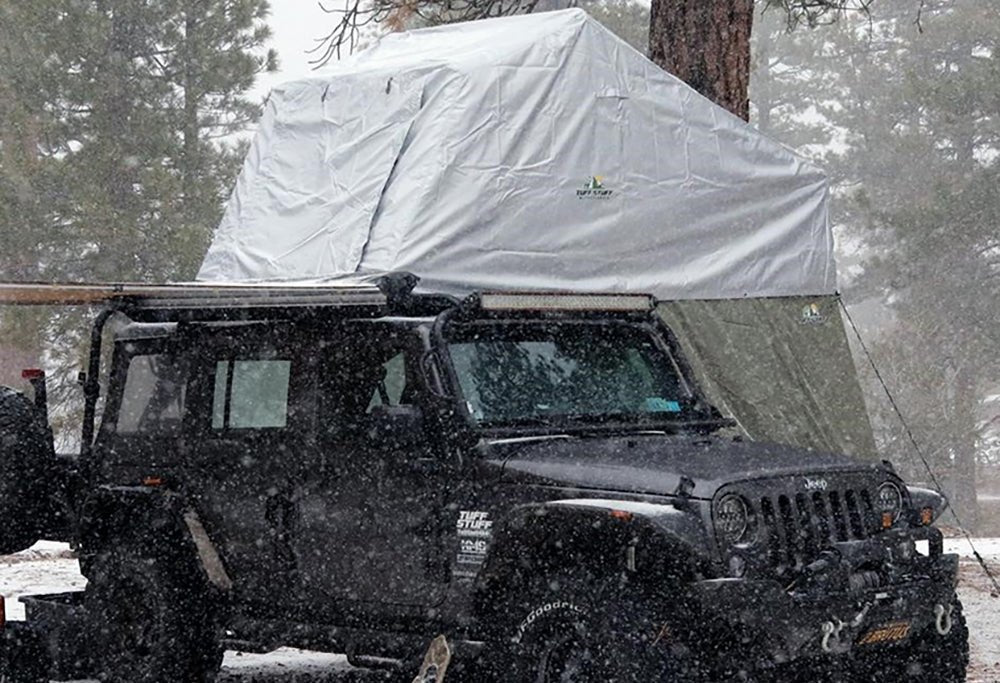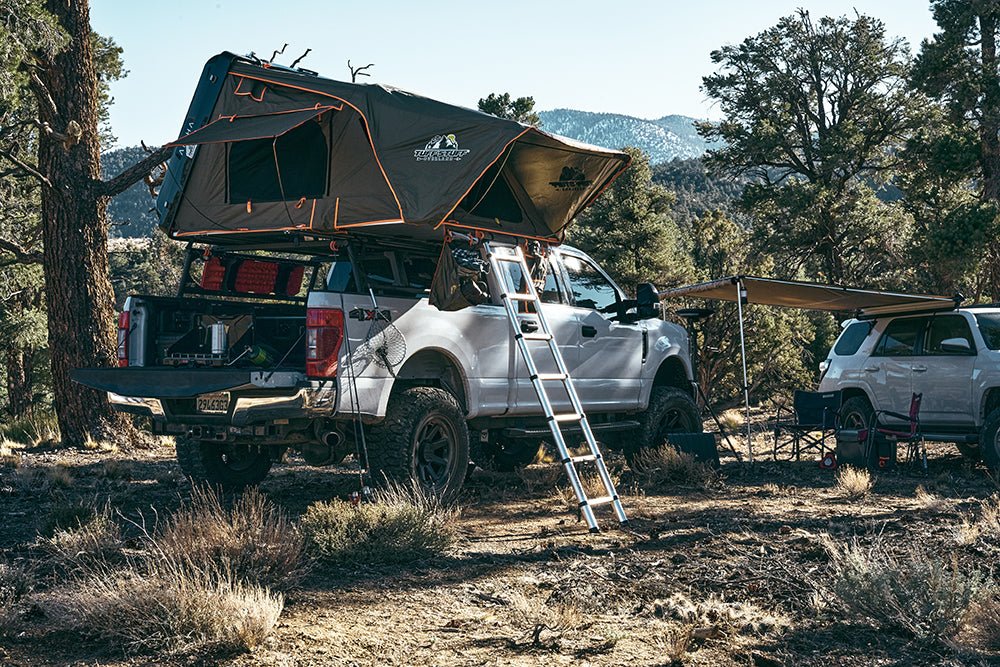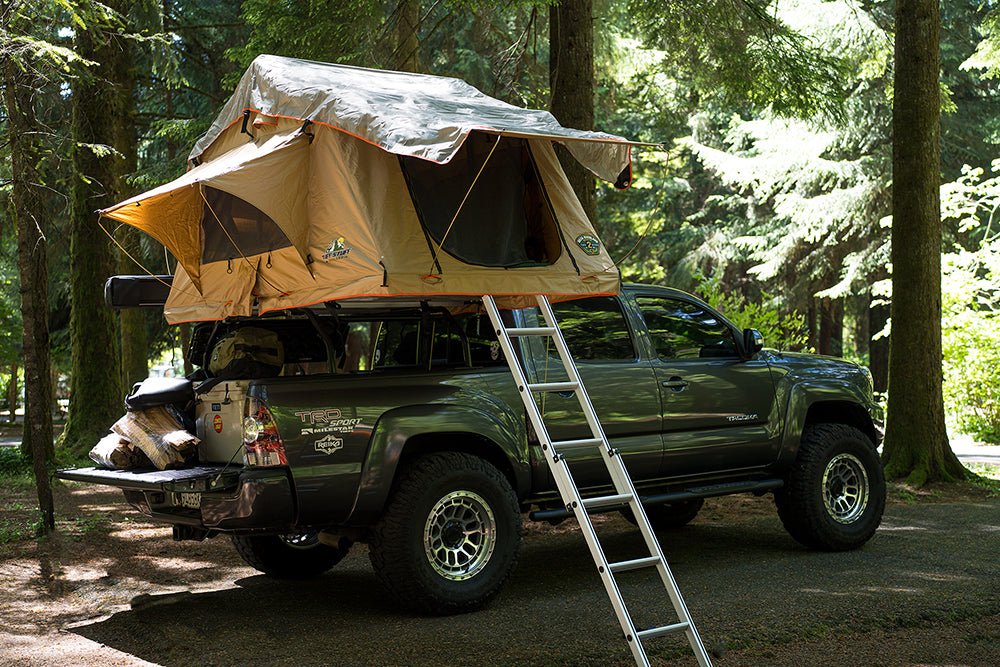Camping in the winter can be a magical experience, with snow-covered landscapes and a serene stillness that's hard to beat. However, it also requires thorough preparation to ensure safety and comfort. Here are some essential tips on how to prepare for camping in the winter:
-
Check Your Gear
Inspect your camping gear before heading out. Ensure your tent is rated for winter conditions and that you have a cold-weather sleeping bag, warm clothing, and suitable footwear. Don't forget extra gloves, hats, and thermal layers.
-
Know the Weather Forecast
Keep a close eye on the weather forecast for your camping area. Winter conditions can be unpredictable, so it's essential to plan accordingly. Be prepared for snow, freezing temperatures, and potential storms.
-
Pack High-Energy Food
Winter camping burns more calories, so pack high-energy, easy-to-cook food. Hot meals and beverages can help keep you warm from the inside out. Consider a portable camp stove for cooking in cold conditions.
-
Stay Hydrated
Dehydration is a concern in the winter. Drink plenty of fluids to stay hydrated, but avoid alcohol, as it can lower your body temperature.
-
Pack Safety Essentials
Carry essential safety items like a first aid kit, a map, a compass, and a multi-tool. Additionally, make sure someone knows your camping plans and expected return date.
-
Layer Up
Dress in layers to trap warmth close to your body. Start with moisture-wicking base layers, add insulation for warmth, and finish with a waterproof and windproof outer layer.
-
Practice Setting Up Camp
Familiarize yourself with your gear and practice setting up your tent and other equipment at home before heading into the cold.
-
Have an Emergency Plan:
Always have an emergency plan in place. Know how to signal for help if needed and carry a communication device, like a satellite phone or locator beacon.
Winter camping can be a rewarding and memorable experience, but it requires careful planning and preparation. By having the right gear, staying informed about the weather, and prioritizing safety, you can enjoy the serene beauty of the winter wilderness while staying warm and comfortable.
Ready to get some toasty gear from Tuff Stuff Overland, click here.
Happy winter camping!



